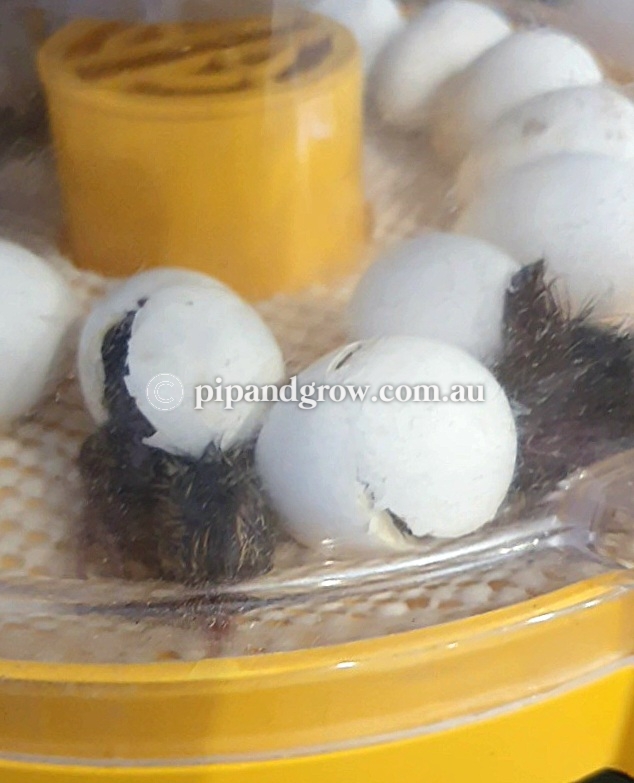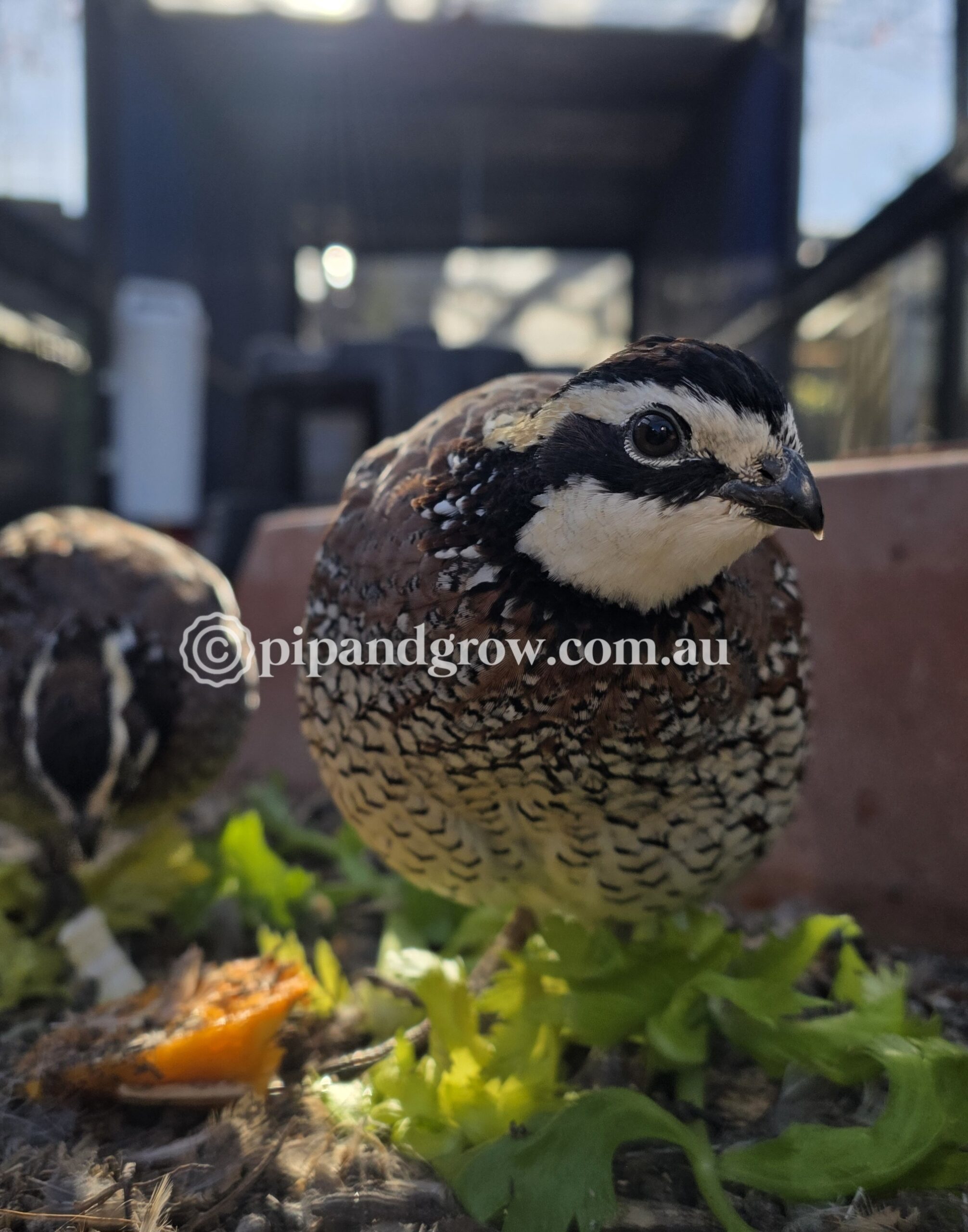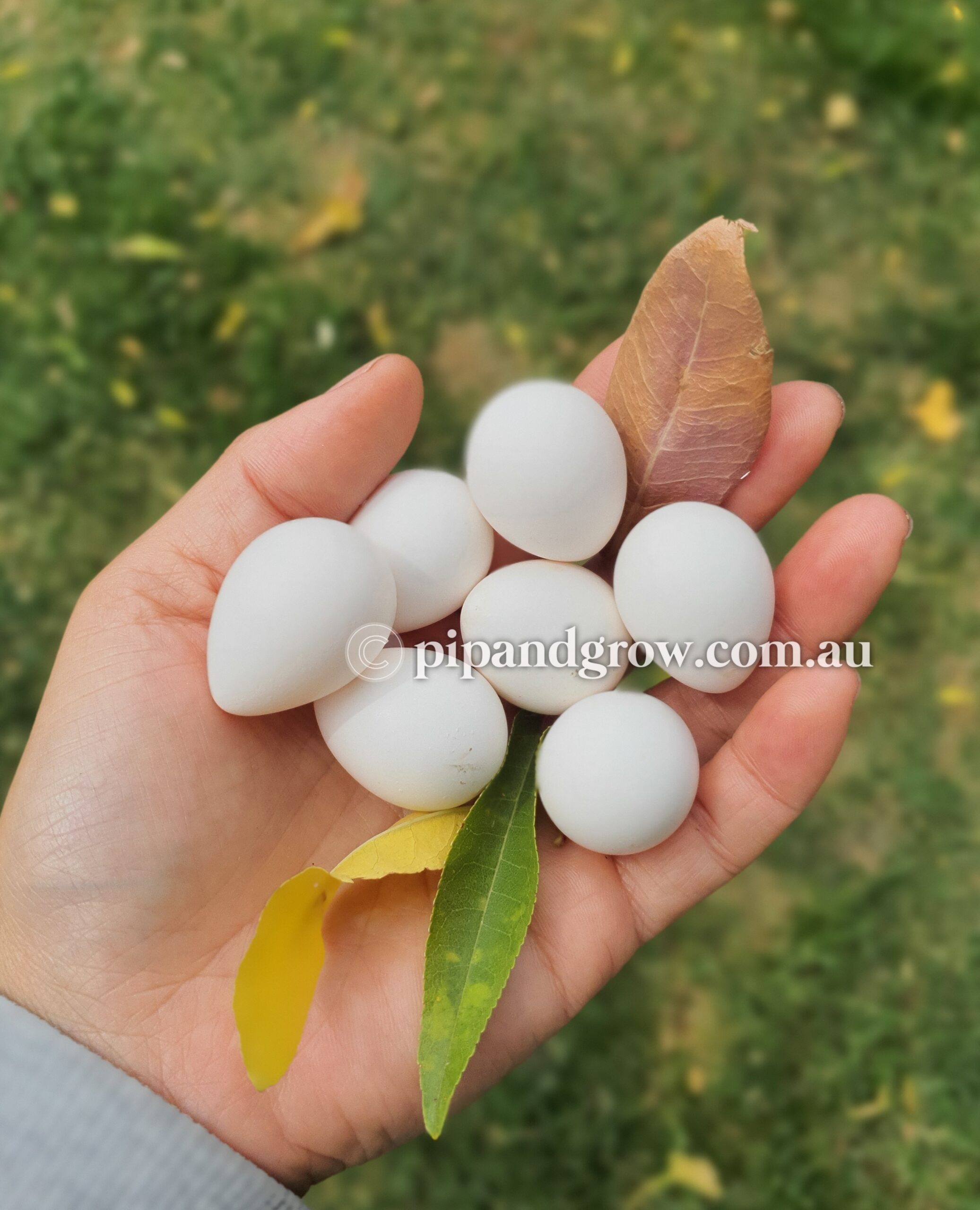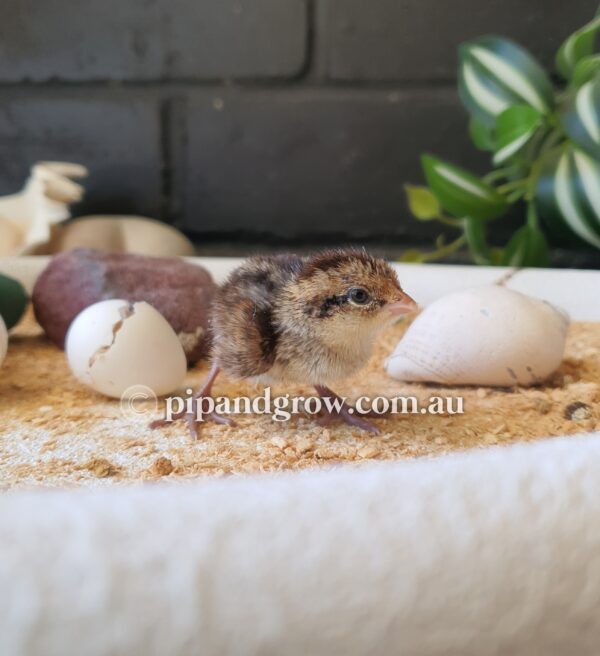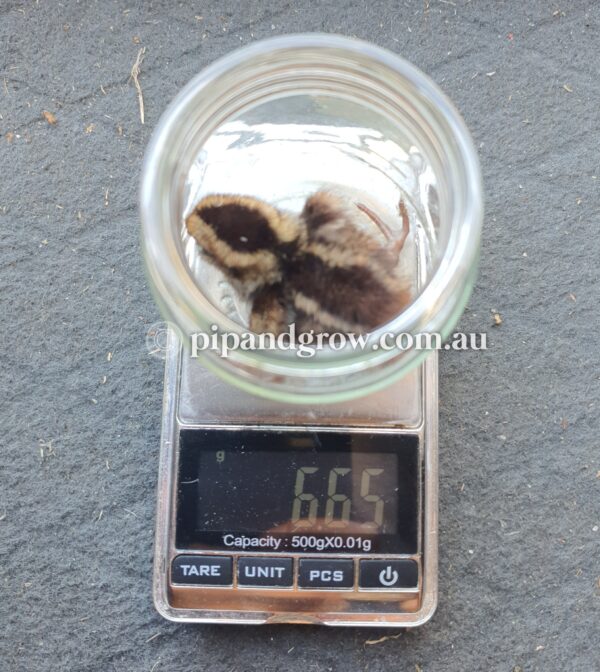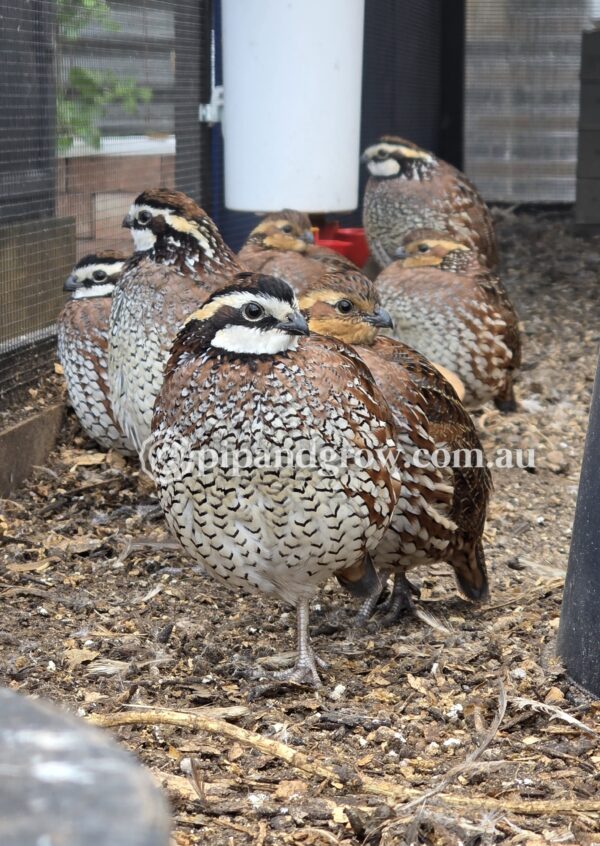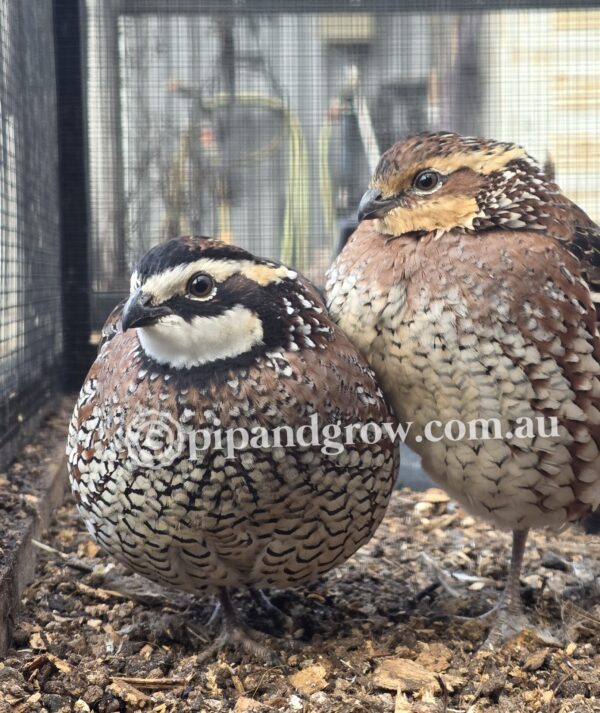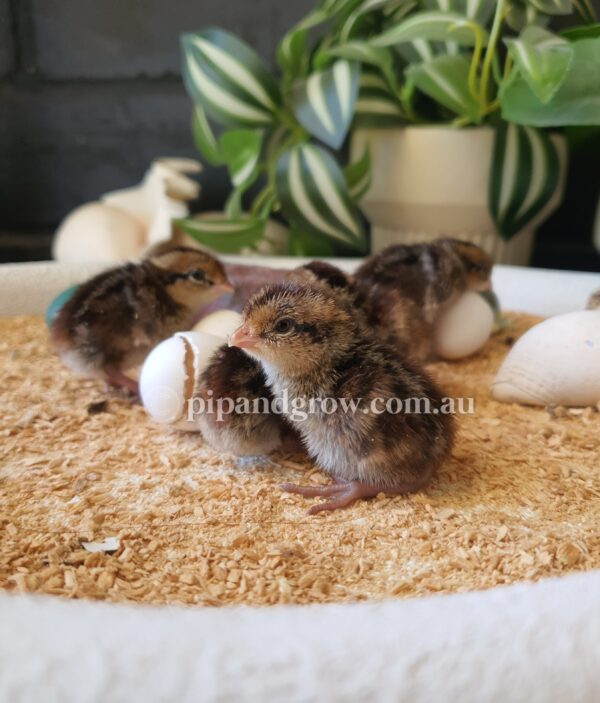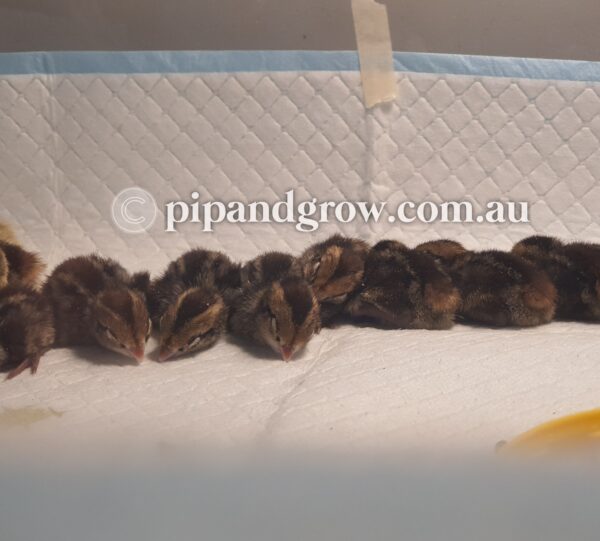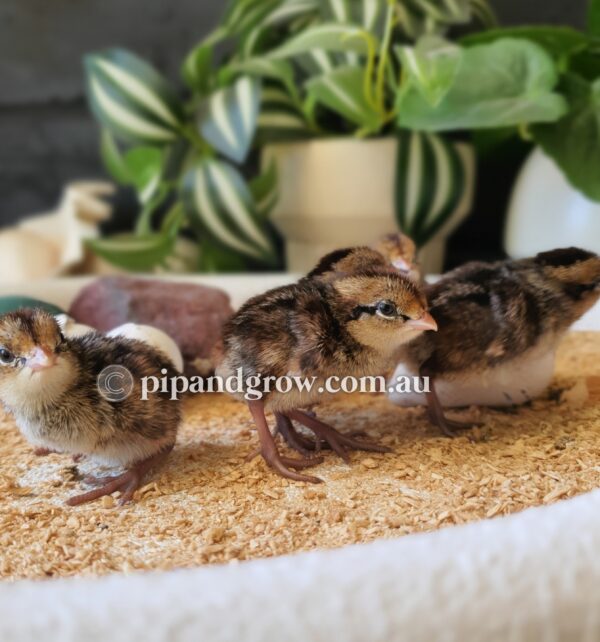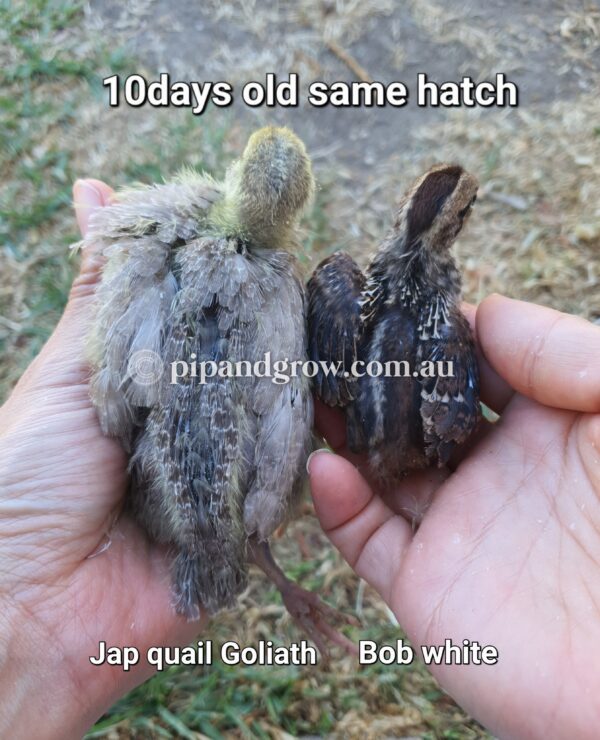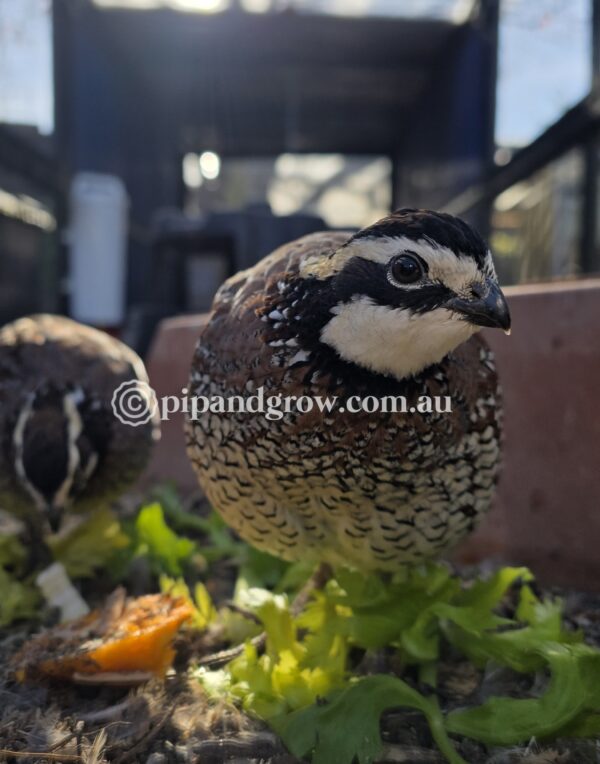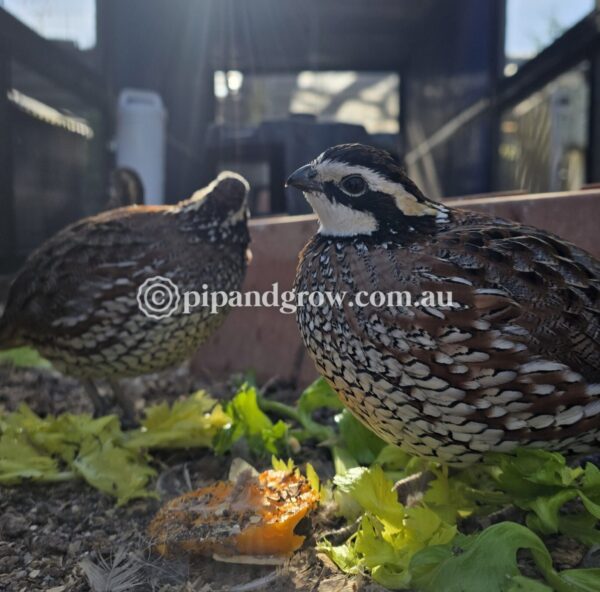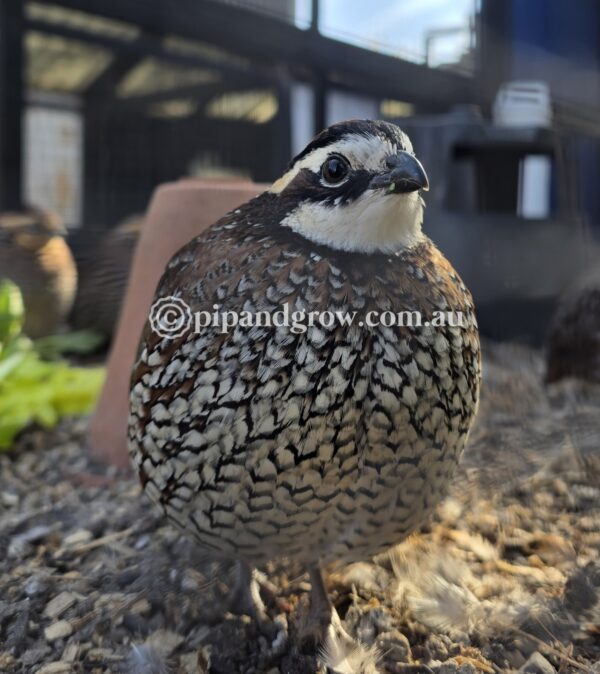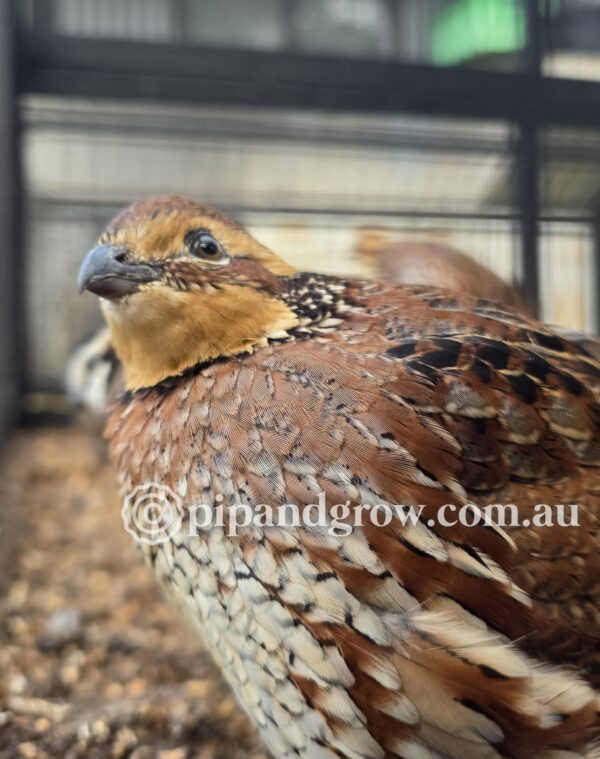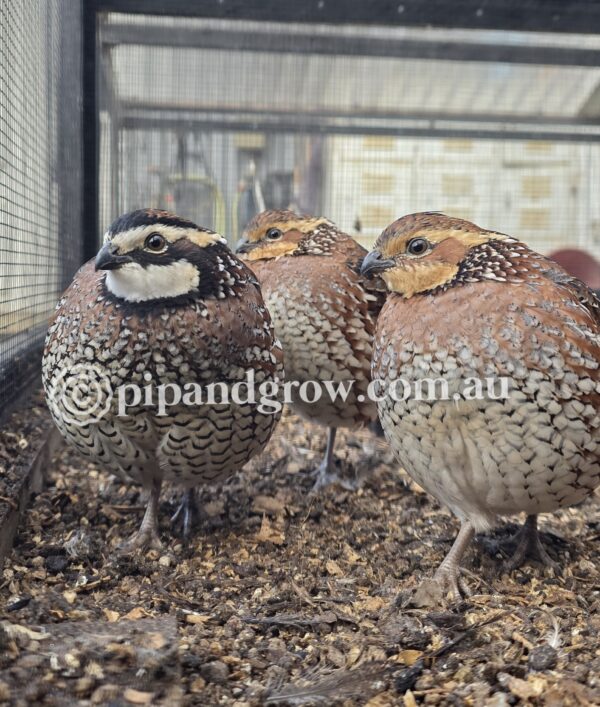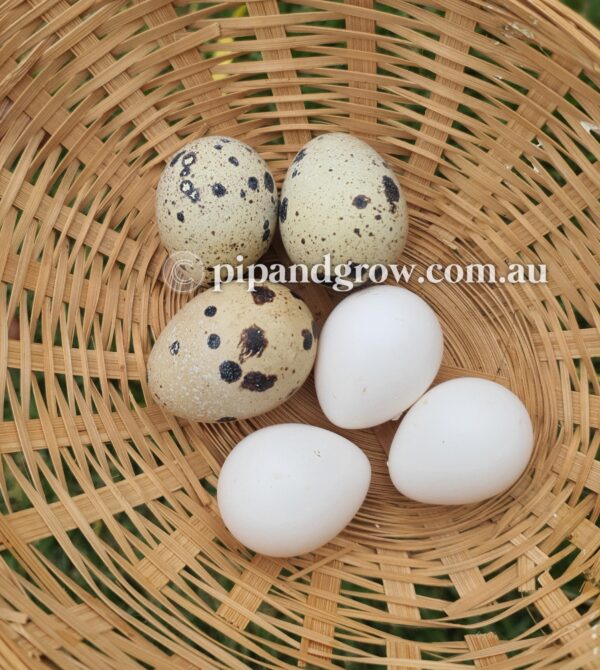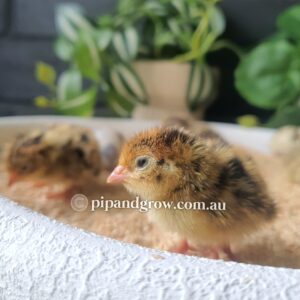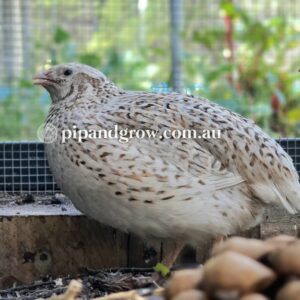Description
Quail Eggs Policy
Quail eggs are
not covered under our
Damaged on Arrival or
Viability Matters policy. We test all eggs prior to sale and pack every order with utmost care to give you the best possible outcome. However, due to the delicate nature of quail eggs — their thin shells and small size — they are more prone to internal damage during handling and transit. This can lead to lower viability, even with proper testing and careful packaging. For this reason, slightly lower hatch rates are to be expected when incubating quail eggs, and this variation is considered normal. We would like to leave a clear note here so customers are aware of the risk and can make an informed decision accordingly.
Western Australia shipping restriction
Unfortunately, we are unable to ship quail eggs to WA, where quails are listed as a Declared Pest by the Department of Primary Industries and Regional Development. If detected during random searches or x-rays, they will not be released. To import quail eggs into WA, buyers must obtain an import permit and cover quarantine inspection fees, which can be a complex and costly process. (More info here)
Bob White Quail
Also known as “Northern Bob White Quail”
- Native to North America
- Mature weight around 140-170g
- Slow maturing compare to Japanese Quail, *first eggs around 6-7 month (Note below)
- Eggs are around 8-10g, expected to lay around 150-180 eggs per year.
- Broodiness – Moderate
- Maintenance – Low
Bobwhite Quail (Colinus virginianus) is a small, fast-moving game bird native to North America, known for its distinctive “bob-white” call. In the USA, they are commonly raised for hunting, meat, eggs, and conservation efforts. In Australia, however, they are primarily kept as ornamental birds or for egg production. They have compact, rounded bodies with short, square tails. Males are easily recognized by their striking white face and eye stripe, while females have a more muted brown coloration. They typically range from 20.3 to 24.7 cm in length, with a wingspan of 9 to 12 cm, and have an expected lifespan of 3 to 5 years.
These quails are highly social and thrive in groups. They prefer ground-dwelling environments with plenty of cover but can adapt to aviary setups similar to Japanese quail. However, Bobwhites tend to be faster, more nervous and flighty, requiring calm, quiet handling to reduce stress. Regular gentle interaction from a young age helps build trust and makes them easier to manage.
![]()
Bobwhite quails are seasonal layers, meaning they primarily lay eggs during the warmer months and stop during colder seasons. *They will start produce around 6-8 month of age, however if their sexual maturity falls in colder season, they will hold off laying until next spring. Egg are white, weigh around 8–10g. A unique characteristic that sets Bobwhite quails apart from Japanese quails is their broodiness. Bobwhites will attempt to incubate their eggs naturally, with males also taking turns sitting on the eggs while females take breaks. Once hatched, both parents co-parent the chicks for about two weeks until the young are capable of caring for themselves.
![]()
Incubation
Bob white quail eggs take approximately 23–24 days to hatch. In an incubator setting, standard incubation conditions are followed from day 0 to day 21, with “lockdown” beginning on day 21 and lasting until day 25. The temperature and humidity requirements are the same as those used for chicken and Japanese quail eggs but longer. Please see Bob white quail hatching tip for more info.
Raising Bob White Quail – Brooder set up, Habitat & Sexing Tips (Click to view)
